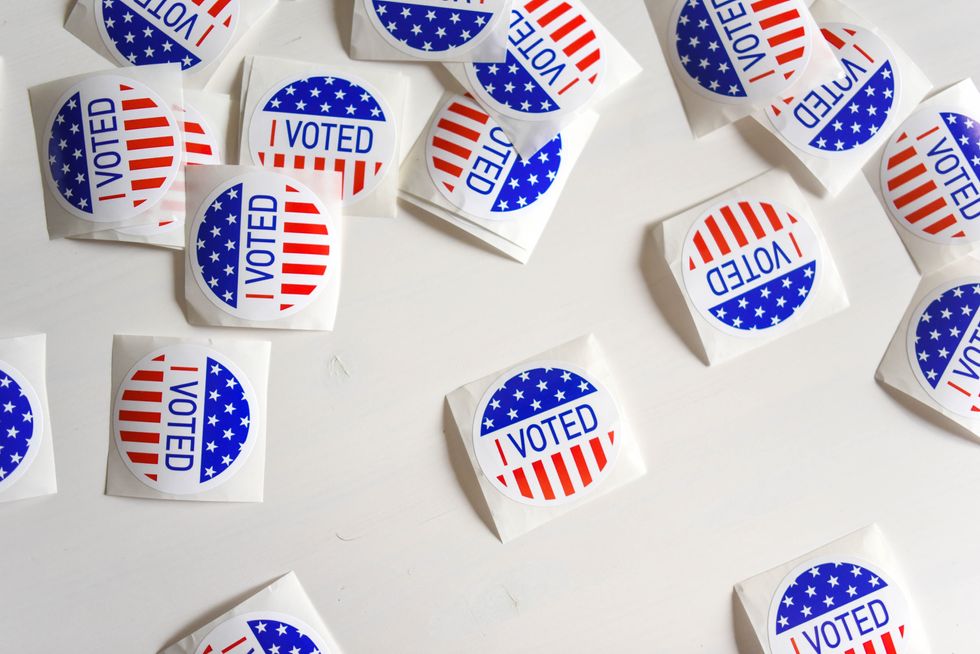I voted for the first time on Tuesday. The entire voting experience opened my eyes to many things. The major thing I took away from my experience is that the layman would most likely have a difficult time understanding what exactly they were voting for or against.
The way many of the sections are worded can be confusing for anyone who does not have extensive experience with politics. I found this interesting because I know that for most professions, people will be educated thoroughly, learning jargon that is necessary for the field, but they will also be taught how to speak to someone who has not had the education they have had.
Lawyers are trained to speak to the jury very simply; using words that everyone tends to know so that they can make an educated decision when it comes time to decide the verdict. Doctors are trained to explain complex medical terms to their patients so that they do not go home feeling confused about what is happening to their body. I believed that this practice would follow over into politics and voting, but I was mistaken.
I remember watching a One Day at A Time episode a few months ago on Netflix. The main character, Elena, a teenager who cannot vote is more educated on the process and the laws than her mother and grandmother. She attempts to educate her grandmother on what to vote for and there is a scene where Elena says, "Let's start with Prop T, Stand Behind Teachers" Her grandmother replies, "Oh that's easy because I love teachers! I am a teacher, I will vote yes on T."
Elena immediately responds with, "Oh good job, abuelita, you just got them all fired!" she mentions how the ballots are made to confuse people who do not take the time to understand the laws our government is trying to pass. The ballots are typically misleading and hard for people to understand if they are looking at them for the first time when they go vote.
I trusted her input on the show but did not know how true her statements were until I headed to the polls and voted. Luckily, I had a friend send me suggestions on what to vote for. The paper also had the explanation as to why I should vote that way. They wrote the explanation in layman's terms so I could understand what I was actually voting for.
I was handed a blue paper with suggestions on it outside the polling place. This paper simply said yes or no on things, which was not very informative. I personally don't like the idea of voting for something just because I'm told to. I need to have a reason given to me and I need to hear both sides first.
I wish that I had been taught about these things in school. Citizens of the United States are allowed to vote when they turn 18 and up until the point, most of them will be like me, uneducated on all the laws of our land. We have to go out of our way to understand what we are voting for. Someone like me likes to do that because I like to be informed, but I know that many people may not want to do their own research or may not have the time to sit down and try to decipher the jargon that is placed in front of them.
Overall, I had a good experience voting for the first time and felt like I was aware of what I was voting for, but if I had not done that extra research, I would have been very uninformed, as many of our nation's voters currently are. Google is always there and can tell you everything you need to know about an election before you head over to the polls!







 Christmas and New Year gift card
Photo by
Christmas and New Year gift card
Photo by  butter cookies on plate
Photo by
butter cookies on plate
Photo by  boy holding Holy
boy holding Holy 









